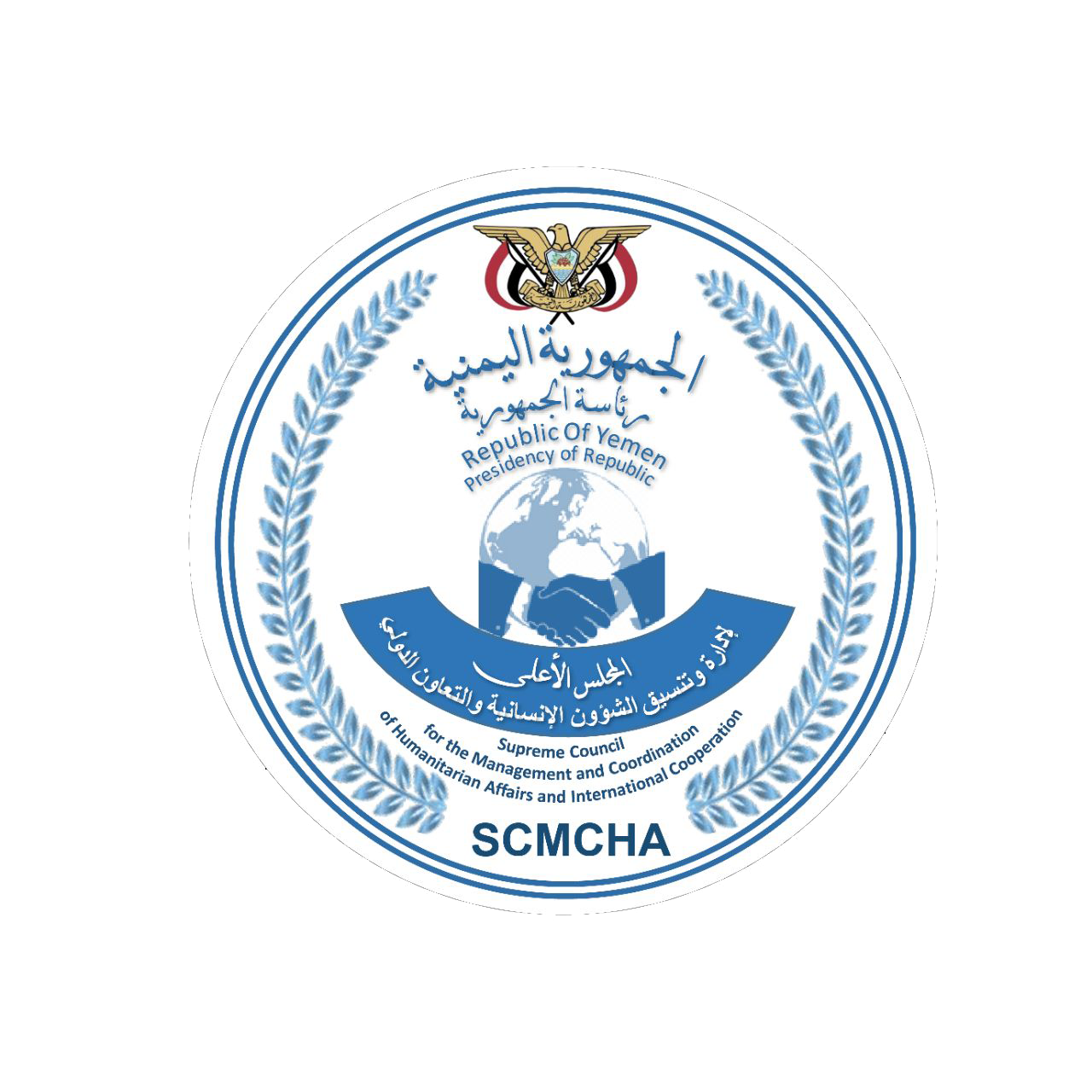152,000 cases benefiting from relief interventions in Sana’a governorate in 2020
The Branch of SCMCHA in Sana’a Governorate confirmed that 152,804 cases benefited from relief interventions in Sana’a governorate during the year 2020.
According to a report issued by the Branch of SCMCHA in Sana’a, 2,300 cases got benefits of the emergency response program, 14,934 cases got benefits of interventions in the field of food security and agriculture and 69,208 cases aslo got benefits of Food Cycle
It also indicated that 14,426 cases got benefits of intervention in shelter and non-food as well as 21,493 cases got benefits in education field, while 19,670 cases got benefits from cash and protection interventions.
According to the report published by the Official News Agency of Yemen (Saba), 11,376 cases got benefits of intervention in water and environmental sanitation ,while The total beneficiaries of the area of Empowerment were 561cases .
He said development interventions focused on rehabilitating 42 roads and 10 assembly tanks, rehabilitating four wells, 24 ponds, three irrigation networks, building a therapeutic feeding center, rehabilitating a hospital, renovating and rehabilitating four schools.
According to the report, 51 solar energy systems were installed, rehabilitation and maintenance of 3,350 chairs and 48 classrooms, and the construction of 17 water tanks, 370 home bathrooms and 17 school bathrooms distributed to the affected areas in accordance with the priorities and criteria for intervention in coordination with the Council branch.
Director of the council’s branch in the province,Abudul Min al-Sharif pointed to the need to strengthen interventions in the field of food, health, water and shelter to meet the needs of affected people by the worsening humanitarian situation due to the ongoing aggression and the blockade.
He confirmed the keenness of the General Secretariat branch of the Supreme Council in Sana’a governorate continue coordination to achieve the objectives of the map to support humanitarian needs in the province.
He pointed out to the humanitarian situation in the governorate due to the increasing needs of displaced persons and the difficulties they face in areas of displacement, which are represented by a lack of services.
Al-Sharif said it is important that humanitarian interventions contribute of overcoming the emergency response phase and entering the stage of early recovery through projects that are sustainable and bring long-term benefit.


